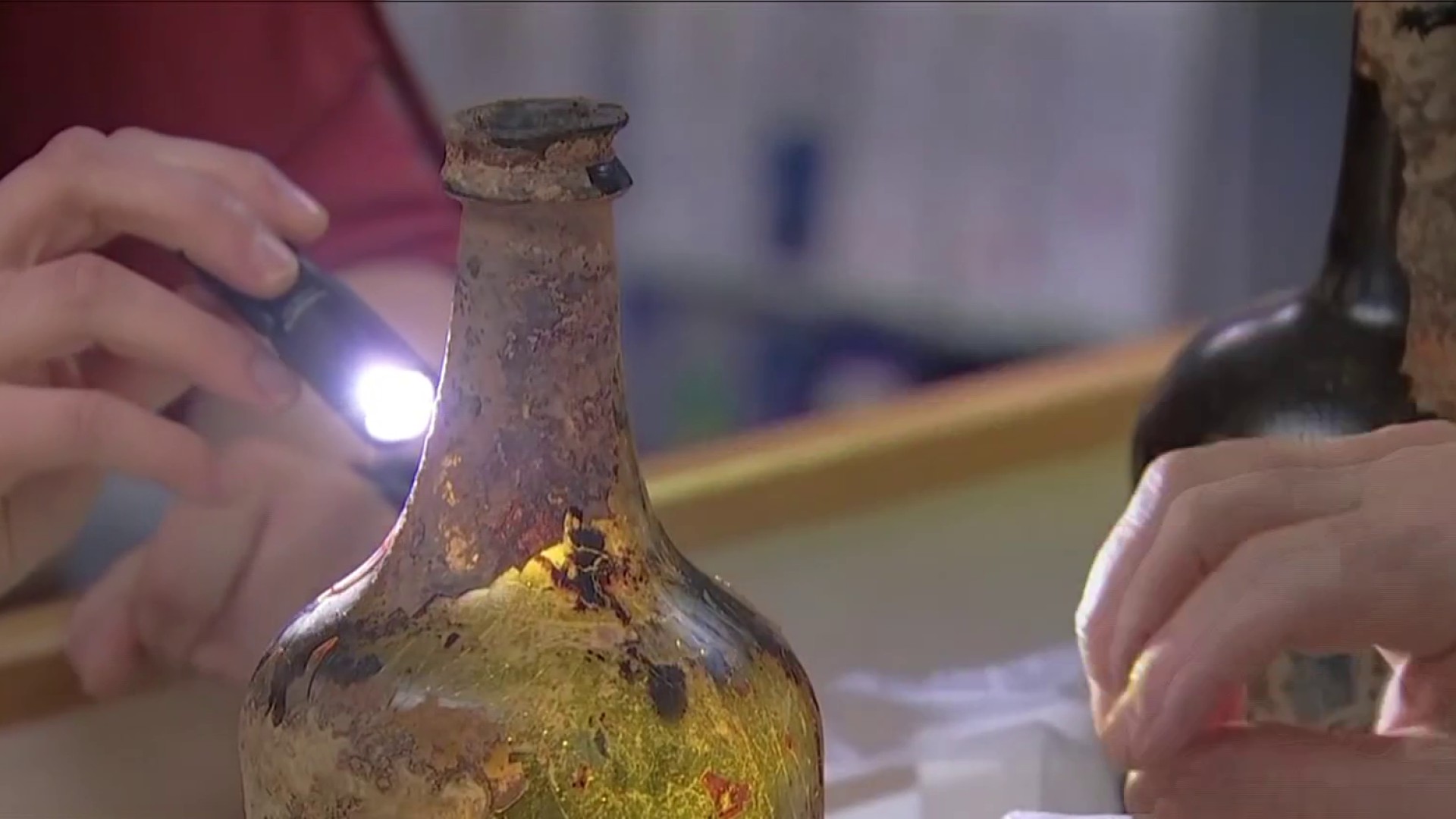A coal train has derailed in the Great Dismal Swamp National Wildlife Refuge in Virginia, raising concerns about its wildlife and the fragile peat soil that has accumulated there over the course of centuries.
Chris Lowie, manager of the federal refuge, said 36 of about 100 cars went off the tracks early Tuesday morning. The Norfolk Southern train was carrying a fine, sand-like form of coal that spilled into water-filled ditches along the tracks and into the forested wetland.
"The cars were a pile of metal," Lowie said by phone on Wednesday. "They were accordioned, literally. Most of them were sideways, busted up and tipped over. Coal was everywhere."
Norfolk Southern said in a statement Wednesday that the coal spill "is confined to a relatively small area" adjacent to the tracks and that "there is no impact to any major waterway."
The company said its personnel are on site and coordinating the cleanup with the U.S. Fish and Wildlife Service, the U.S. Army Corps of Engineers and the Virginia Department of Environmental Quality.
The Federal Railroad Administration said in an email that it's aware of the derailment and "is actively monitoring the railroad's response, recovery and restoration efforts." Amtrak said service was disrupted to and from the city of Norfolk and would be restored Thursday.
The swamp is about 30 miles (48 kilometers) southwest of Norfolk. The rail line cuts across the northern part of the refuge, with the derailment occurring about halfway through the swamp, Lowie said.
There are no public roads for miles, which means cleanup crews are reaching the scene by taking old logging roads.
The Great Dismal Swamp was once an impenetrable morass where explorers vanished and runaway slaves escaped. George Washington, the future U.S. President, kicked off generations of logging there before the swamp became a national wildlife refuge in 1974.
Local
Washington, D.C., Maryland and Virginia local news, events and information
Since then, efforts have been underway to restore it. The derailment's impact remains unclear, Lowie said.
The coal isn't harmful on its own. But its heavy metals could leach out in the swamp's highly acidic water and threaten turtles, snakes, frogs and small fish, Lowie said. They are part of a complex food chain that includes herons and egrets as well as bald eagles and bears. The swamp's endangered species include red-cockaded woodpeckers.
"There's not grave concern, but there is concern," Lowie said of the wildlife.
Robert B. Finkelman, a geologist and research professor at the University of Texas at Dallas, said coal can leach into water. But how much depends on the type. Officials have not said what kind of coal spilled at the swamp.
"Dumping coal into water, especially acidic water, can't do any good," he said. "The question is how bad."
Finkelman added that coal is nowhere near as harmful as coal ash, the residue left over from burning coal to produce electricity.
The derailment has also sparked concerns about the swamp's unique and carbon-heavy peat soil. It consists of partially decomposed twigs, leaves and roots of plants that have accumulated over centuries.
Lowie said the peat could likely be damaged as Norfolk Southern digs out the sand-like coal. Workers have already pushed cars and coal deeper into the swamp as the cleanup gets under way, Lowie said.
"Norfolk Southern is confident they can clean this up," Lowie said. "They've had coal spills before. The difference here is the peat soil. You can't just dig a hole in the ground and fill it back up with dirt and say it's restored."
The Great Dismal Swamp has drawn international attention from scientists in recent years because peat soil has become a threat to the climate when it's damaged or destroyed.
When this soil dries and is exposed to oxygen, microscopic organisms break down the peat into carbon dioxide and release the greenhouse gas.
The refuge has been in the process of rewetting much of the swamp in an effort to protect and restore the soil. It's an effort that scientists say will help to fight global warming.



